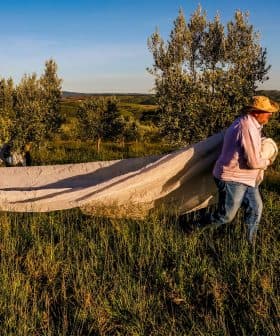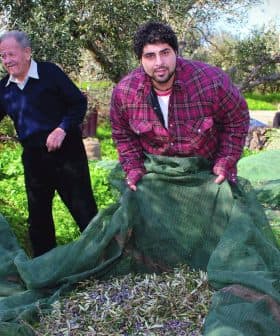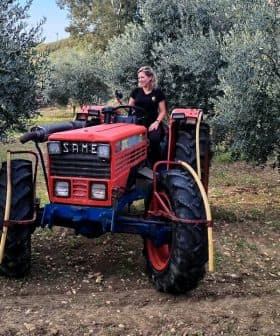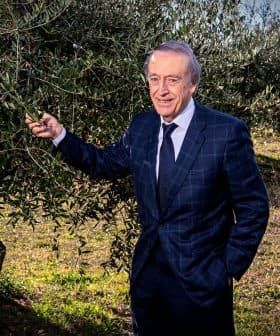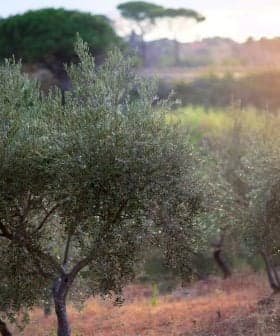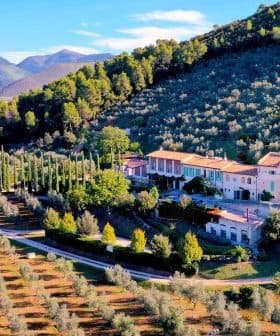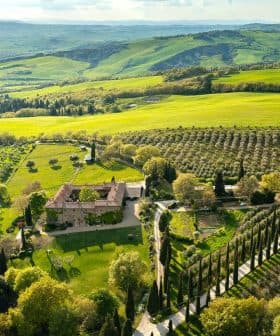Winning at NYIOOC Part of Producer’s Quest to Improve Reputation of Tunisian Extra Virgin Olive Oil
When Karim Fitouri found the reputation of Tunisian olive oil was an obstacle to exporting, he decided to improve his country's standing in the olive oil world.
 Karim Fitouri
Karim Fitouri  7.9K reads
7.9K readsOlivko, a Tunisian producer, has won five awards at the NYIOOC World Olive Oil Competition, including three Gold and two Silver Awards. Founder Karim Fitouri’s journey to success began with a failed olive oil deal in China, leading him to focus on improving the reputation of Tunisian olive oil internationally through high-quality production and participation in competitions.
For the sixth year running, Tunisian producer Olivko has been recognized for its organic extra virgin olive oils at the NYIOOC World Olive Oil Competition.
Olivko scooped up five awards at this year’s edition of the industry’s premier quality contest, including three Gold and two Silver Awards.
I want to leave something behind. I want to make some difference.
The company earned the Gold Awards for its robust Chetoui, medium Chemlali and medium Wild Cultivar. Olivko also earned Silver Awards for a delicate and medium Chetoui monovarietals.
Karim Fitouri, the founder and owner of Olivko, told Olive Oil Times that the prominent emergence of Olivko onto the international stage mirrors the rise of the Tunisian olive oil sector as a whole.
See Also:Producer ProfilesIn 2011, Fitouri was living in England when he realized that even though he was financially comfortable, he was not happy.
“You just flow with life, that’s it, just follow the route of life without making any changes; it was just the same,” he said.
Fitouri said the need for change in his life coincided with the Jasmine Revolution in his native Tunisia.
After the 28-day popular uprising, he observed a growing market for furniture in his home country due to the consequent construction boom, which led to his decision to import furniture from China.
Ruminating on the way back to the airport after visiting a friend in China to source furniture, he concluded that it also would be a viable option to export food to China. This way, he could support his country’s economy and help the Tunisian people.
Fitouri considered a few Tunisian food products, including tomatoes and dates, but ultimately decided on olive oil.
“At the time, I knew nothing about olive oil, although I was born in a country that is the second-largest producer after the European Union,” he said.
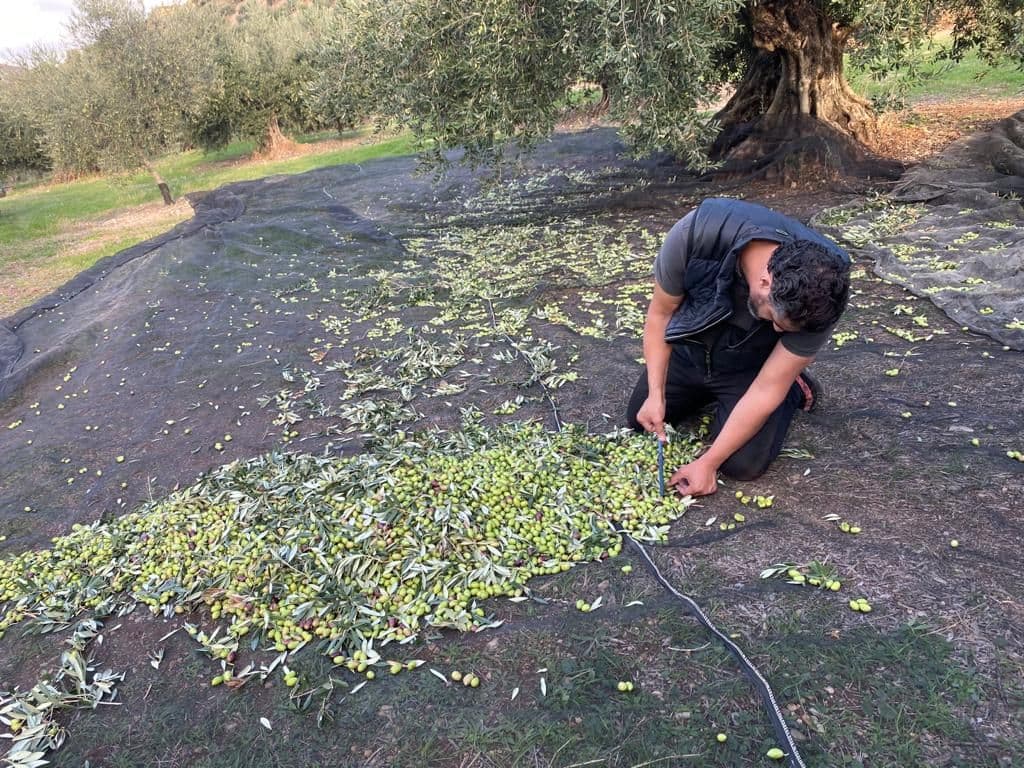
Photo: Olivko
Through a friend in China, Fitouri arranged a meeting with a buyer who, together with his daughter, owned 17 supermarkets. Fitouri collected a large quantity of olive oil duty-free from a Tunisian mill and sent the oil to China via England.
The buyer was under the impression that Fitouri was English and “liked the price and the oil,” he remembered.
“I thought, ‘Wow, this is easy, this is great,’ ” Fitouri said with a laugh. But then the rug got pulled out from under his feet.
“All of a sudden, he asked me: ‘Where is this oil from?’ Once I said the oil was from Tunisia, everything stopped,” Fitouri said.
It turned out the buyer had had a previous negative experience with Tunisian olive oil and preferred to import from Australia instead.
Fitouri said on the 13-hour flight back to England, he was “in agony” thinking about how the reputation of Tunisian olive oil had soured the deal he came so close to securing. He then found himself faced with two choices.
“Do I go back to England and call it a day, or do I go ahead and make a good name for Tunisia for me to sell my product and for other producers to sell their product?” he explained.
Fitouri opted for the second option and started studying the shortcomings of Tunisian olive oil production, a process that took him four years.
He found that Tunisia’s climate was optimal for olive cultivation, and it had unique cultivars, so the North African country had considerable potential as a producer.
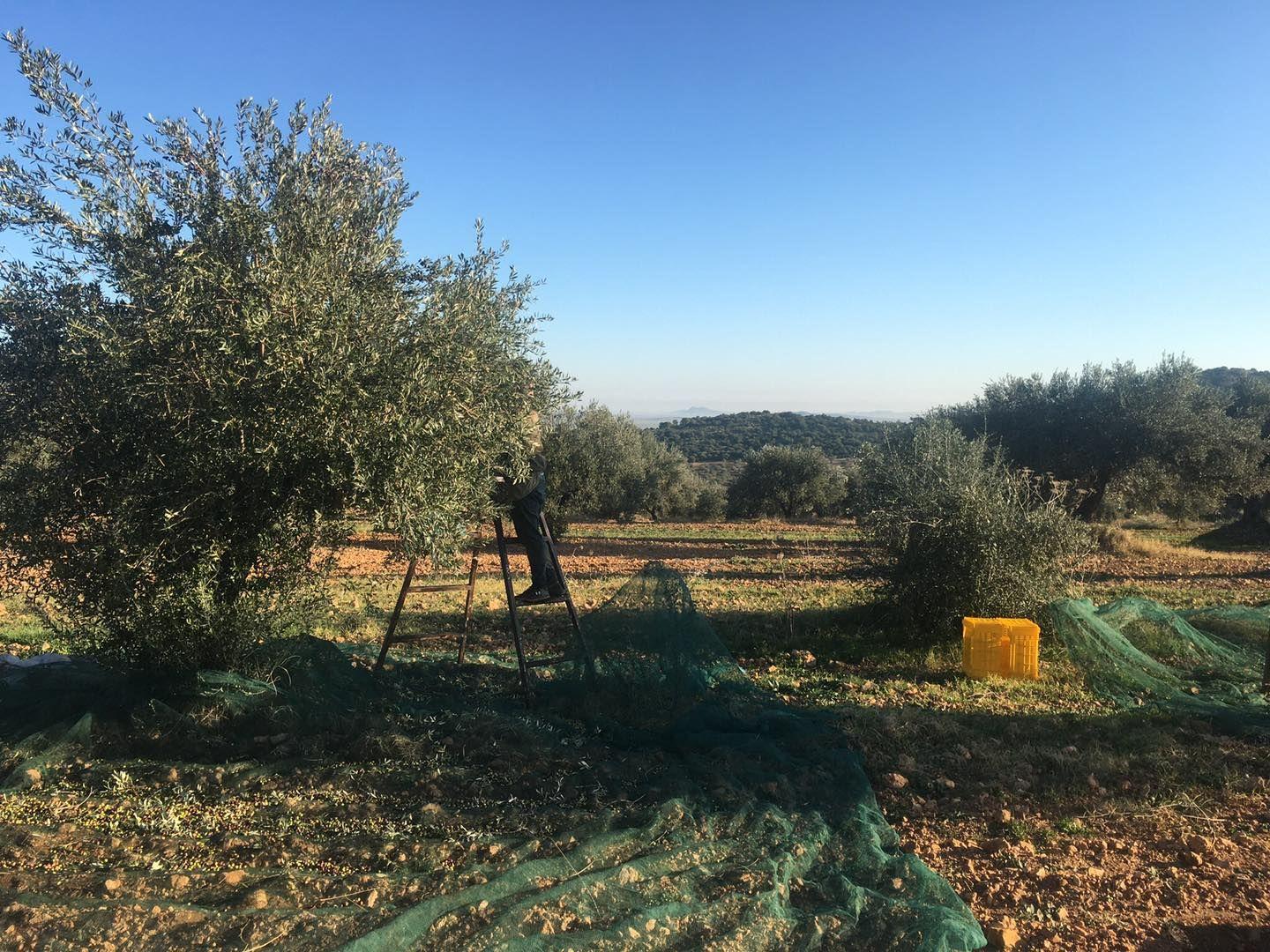
Photo: Olivko
Ultimately, he concluded that the main reason for Tunisian olive oil’s negative reputation internationally was that 90 percent was exported unlabeled in bulk.
Fitouri said it was the government’s responsibility to improve the reputation of a particular country’s products, realizing it would be a mammoth task for an individual with limited financial resources — “almost impossible,” he mused.
“But I’m a man that doesn’t give up,” Fitouri added. He decided that a cost-effective way for him as an individual to improve his country’s outlook was to produce high-quality extra virgin olive oil and to enter competitions.
He said that, based on his research, he knew the NYIOOC was the most well-recognized and trusted olive oil quality competition globally. He concluded that winning awards at the NYIOOC would improve Tunisia’s reputation as a world-class producer.
Fitouri said that Olivko sourced olives from across Tunisia to produce its extra virgin olive oil. He recalled the company’s first oil was pressed on December 21, 2016, and first entered the NYIOOC in April 2017.
That year, Olivko won a Gold Award – Tunisia’s first Gold Award at the competition – which was a confirmation for Fitouri that Tunisia was capable of producing high-quality extra virgin olive oil.
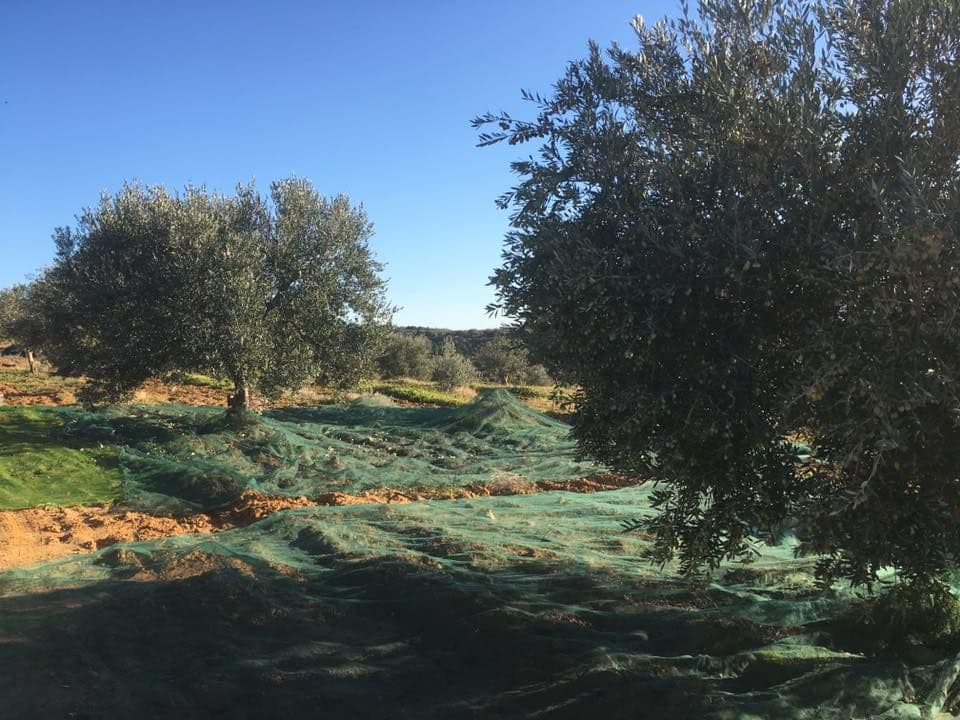
Photo: Olivko
Fitouri said he realized one producer could not make a difference on their own, so he approached others and explained that they had to work together. In 2018, he assisted some producers by paying their entry fees.
That year, producers won 11 awards at the NYIOOC and have progressively earned more each year, arriving at 32 in 2022.
Along with total awards, the number of Gold Awards has steadily increased each year, and the success rate of Tunisian producers at the competition has also trended upwards.
Fitouri said one of the highlights was when Olivko won the Best in Class (since discontinued) at the 2019 NYIOOC for its Chemlali. This local cultivar contributed to around 60 percent of Tunisian olive oil production and, up to that stage, was sold in bulk in anonymity.
“So that proved that the idea worked to make a name for Tunisian olive oil,” Fitouri said.
In addition to his four-year study on Tunisian olive oil, Fitouri decided to start taking courses through the Olive Oil Times Education Lab, which he said was a turning point for him.
“If it weren’t for that course, I don’t think any of this would have happened,” Fitouri said. “I learned a lot, and I met many interesting people. It has also changed the way I look at olive oils. Everything changed from that point. ”
Fitouri said Olivko sources olives from across Tunisia to produce their organic extra virgin olive oils, which have won more than 100 awards over the years and are sold in the Middle East, India, Europe, Canada and the United States, among others.
The company supplies extra virgin olive oil for packing canned tuna and created Olivko Kids, an extra virgin olive oil for children.
Fitouri believes Tunisia could be on par with Italy, in terms of production, in the next decade and hopes he can continue playing his part in supporting the sector.
“I want to leave something behind. I want to make some difference,” he concluded. “I am happy because even if I die now, you cannot fake history. It is there.”
Share this article


